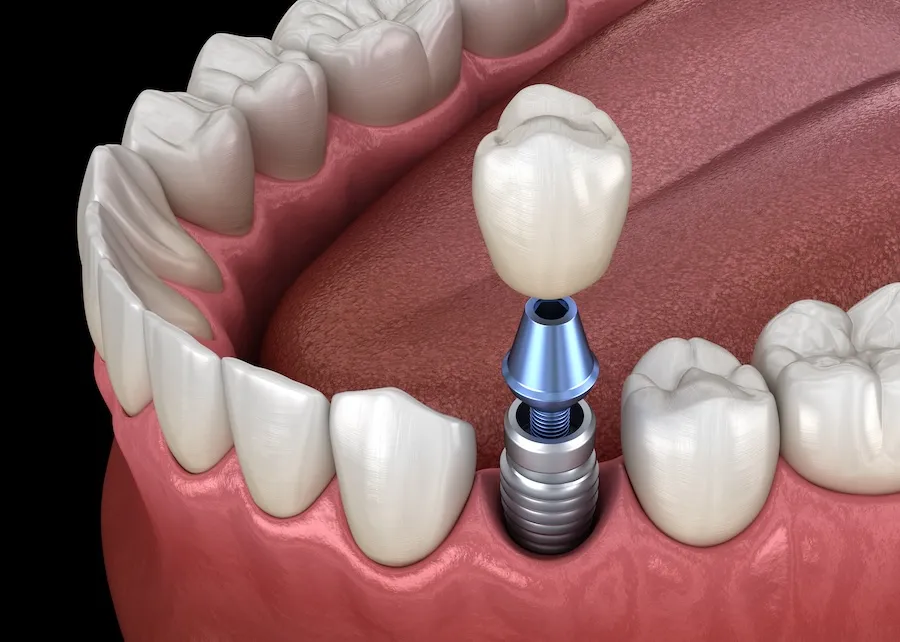Healthy Weight Maintenance After Weight Loss Tips for Success
Achieving a healthy weight is a significant accomplishment, but maintaining it over time requires intentional habits and strategies. Many individuals face challenges in sustaining their weight loss due to factors such as lifestyle changes, biological influences, and emotional triggers. By adopting practical strategies, it is possible to maintain a balanced weight while supporting overall well-being. Below are practical tips to help you stay on track after reaching your weight goals.
Monitor Food Intake Consistently
One effective way to maintain a healthy weight is by keeping track of your food intake. Being mindful of portion sizes, calorie consumption, and nutrient balance can help you identify potential dietary pitfalls and areas for improvement. Logging your meals in a food tracking app or journal helps you keep an accurate record of what you eat throughout the day. Many apps also provide insights into your nutrient intake, highlighting whether you’re getting enough vitamins, fiber, or essential minerals.
This practice not only improves awareness of your eating habits but also makes it easier to recognize patterns and pinpoint where adjustments may be needed to support your health goals. Aim to include a variety of fruits, vegetables, whole grains, and lean proteins in your meals to create a balanced, nutritious, and satisfying diet. By developing these habits, you can create a sustainable and rewarding approach to healthy eating.
Integrate Regular Physical Activity
Regular physical activity plays a key role in maintaining weight after weight loss. Incorporating both aerobic exercise and strength training into your routine is an effective approach. Activities such as brisk walking, swimming, or cycling helps burn calories, while strength training builds muscle mass, which may assist in boosting metabolism. It can help to set a weekly schedule for workouts and select activities that you enjoy to promote consistency. Physical activity not only supports weight management but also provides additional benefits such as stress relief and improved mood.
Create a Supportive Environment
Your environment influences your ability to sustain healthy habits. Surrounding yourself with a supportive network of friends, family, or like-minded individuals can help keep you accountable and motivated. Sharing your goals with those close to you may make it easier to stick to them, especially during moments of temptation. Organizing your physical environment by removing calorie-dense snacks from sight and keeping healthier options easily accessible can also help reinforce positive choices.
Recognize and Address Emotional Triggers
Weight maintenance isn’t just about physical factors. Stress, boredom, or negative emotions often lead to overeating or unhealthy habits. Identifying these triggers and addressing them reduces the likelihood of setbacks. Techniques such as mindfulness, meditation, or journaling may assist in managing emotions and cultivating healthy coping mechanisms.
Seeking professional help from a registered dietitian or therapist can also be a valuable step in managing emotional eating. These experts provide personalized tools to help you better understand your triggers, build healthier habits, and develop a more positive relationship with food. Their support makes a significant difference in achieving long-term emotional and physical well-being.
Maintaining A Healthy Weight Long-Term
Sustaining healthy weight maintenance is a lifelong process that requires commitment and adaptability. By building consistent habits around eating and physical activity, individuals can better handle routine changes or challenges. Progress isn’t always linear. Occasional setbacks are normal. By focusing on long-term health and making gradual adjustments when needed, you can sustain the benefits of your hard-earned weight loss for years to come.











Post Comment